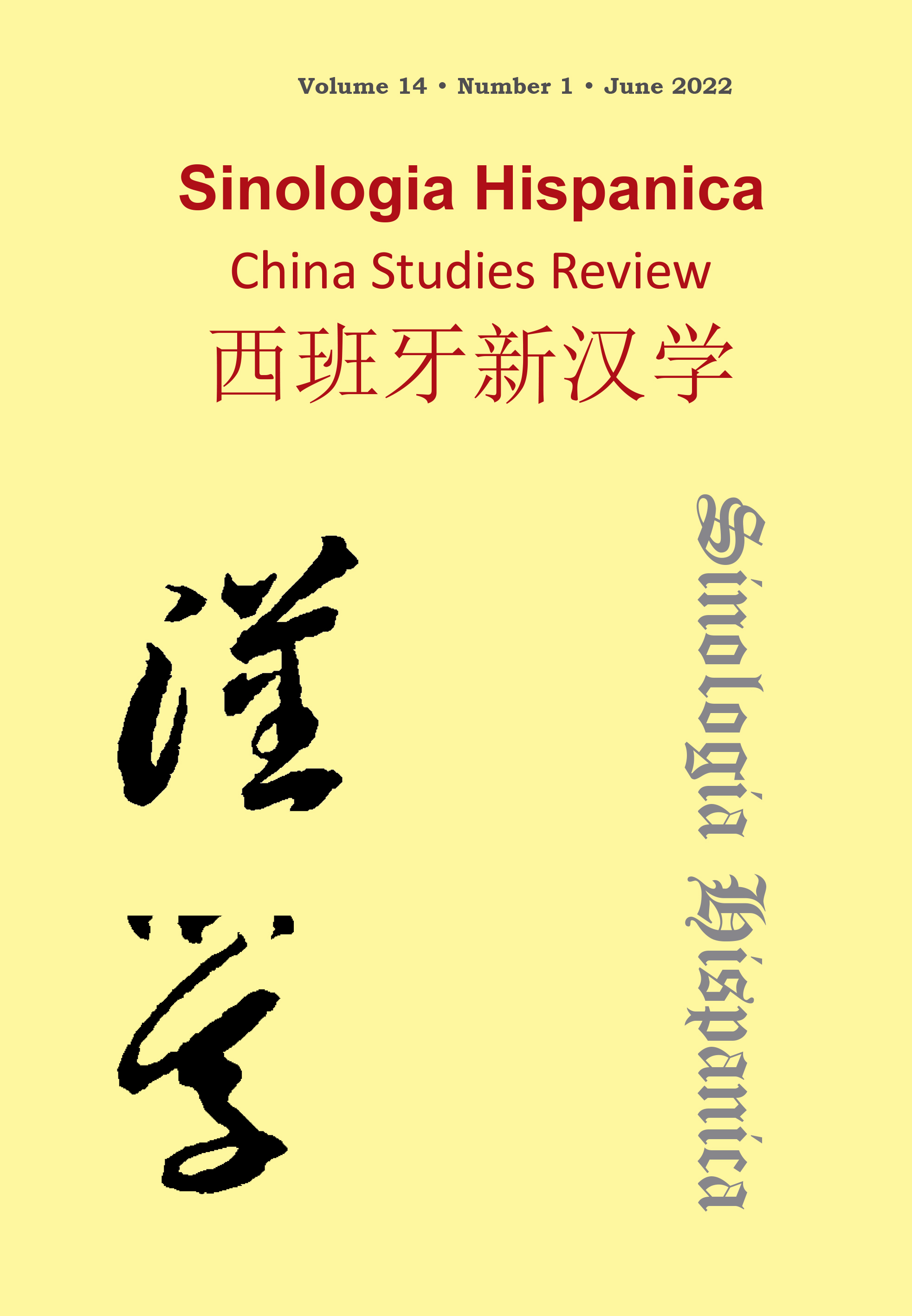The Birth of Sinology and the Contributions of Spain
DOI:
https://doi.org/10.18002/sin.v14i1.7374Keywords:
Sinology; Spain; Chinese Classics; culture.Abstract
The term “Sinology” origins in the late 17th century and early 18th century. Since then, countless missionaries merged into China without prejudice, which not only brought “Eastward Spread of Western learning to China”, but also created “Westward Spread of Chinese culture to the world”, translating Chinese cultural classics to the west, which became the key to the birth of Sinology. Spain is a pioneering country with a thriving sinology study in Europe, and its contribution has greatly influenced the Western imagination of China and the birth of generations of sinologists. Due to different cultural backgrounds, cultural contexts, thinking patterns, people will have different conclusions and speak different truths about the culture. Sinology, which connects Chinese and international scholars to fulfill the mission of academic exploration in China studies. On the occasion of the 3rd International Conference (3-4, May, 2022) on China Studies: East West contact and dialogue organized by the Confucius Institute of León University, Professor Yan Chunde presented his keynote speech entitled “The Birth of Sinology and the Contributions of Spain”, aiming to summarize the history of sinology studies through translation of Chinese classics in different historical period of time and present Spanish sinologists’ contributions to the readers, concluding human beings need a variety of cultures to be inclusive to learn from each other's strengths, to make up for their own weaknesses, and finally to reach the cultural realm of "achieving unified goals of self and others-thus the world can be harmonized".
Downloads
Métricas alternativas
Downloads
Published
Versions
- 2024-03-06 (2)
- 2022-11-07 (1)
How to Cite
Issue
Section
License

This work is licensed under a Creative Commons Attribution-NonCommercial-ShareAlike 4.0 International License.
Sinología Hispánica. China Studies Review considers all manuscripts on the strict condition that:
- The authors assign the exploitation rights (reproduction, distribution, public communication and transformation) of the work accepted for publication to the University of León on a non-exclusive basis. Authors can establish, on their own, additional agreements for the non-exclusive distribution of the version of the work published in the journal (for example, placing it in an institutional repository or publishing it in a book), always acknowledging the initial publication. in this magazine.
- The manuscript is your own original work and does not duplicate any other previously published work, including your own previously published work.
- The manuscript is not currently under consideration or peer review, nor accepted for publication, nor in press, nor published elsewhere.
- The manuscript contains nothing that is abusive, defamatory, libellous, obscene, fraudulent, or illegal.
- Please note that Sinologia Hispanica uses Turnitin software to screen manuscripts for unoriginal material. By submitting your manuscript to Sinologia Hispanica you are agreeing to any necessary originality checks your manuscript may have to undergo during the peer-review and production processes. Any author who fails to adhere to the above conditions will be rejected.
- Authors are allowed and encouraged to electronically disseminate the pre-printed versions (version before being evaluated) and / or post-printing (version evaluated and accepted for publication) of their works before publication, since it favors their circulation and dissemination more early and with it, a possible increase in its citation and reach among the academic community.
Sinologia Hispanica is under an international license Creative Commons Attribution-Noncommercial-Share Alike 4.0. You can read more about this license in an informative version and legal text.










